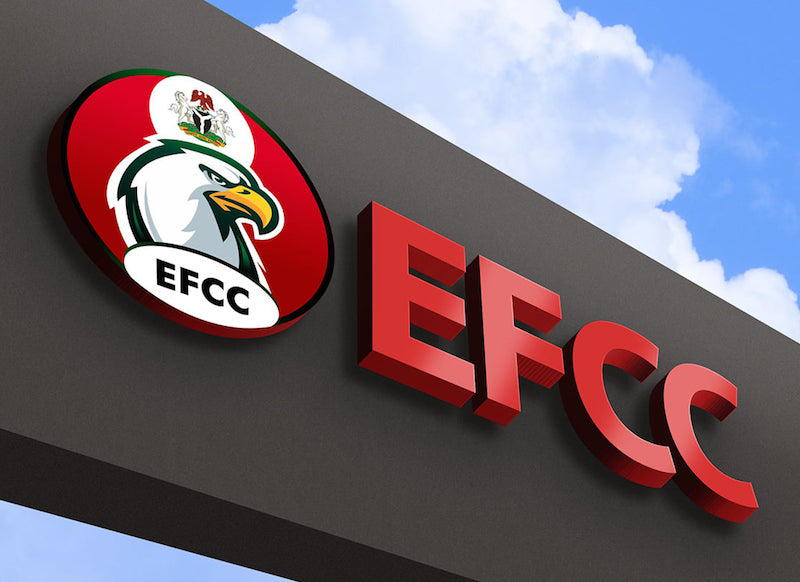ABUJA – Speaker of the House of Representatives, Right Honourable Abbas Tajudeen, has called for swift and coordinated efforts to tackle the pressing challenges of insecurity, poverty, and infrastructural decay plaguing Nigeria’s North-West region.
He made the call on Tuesday during the inauguration of the House Committee on the North-West Development Commission (NWDC) at the National Assembly.
The Speaker emphasized the need for strategic interventions to address the region’s socio-economic challenges, stressing that the establishment of the NWDC was a crucial step toward fostering sustainable development in the North-West.
He said, “For too long, the North-West has suffered from systemic neglect, worsening insecurity, and economic downturn. The time for half-measures is over. This Commission must serve as a catalyst for real, measurable change,” Abbas declared.
He urged the North-West Development Commission (NWDC) to undertake a comprehensive needs assessment across the region and formulate a 10-year strategic plan to guide its interventions effectively.
Abbas further emphasized the importance of innovative financing mechanisms, including public-private partnerships and development bonds, to ensure the commission’s sustainability and long-term impact.
The Speaker expressed grave concern over the severe impact of insecurity on the region’s economy, highlighting the near-collapse of once-thriving industries like the textile sectors in Kaduna and Kano due to violence and policy shortcomings.
“Banditry and rural violence have crippled agricultural production, displaced thousands from their homes, and forced children out of school. These are not abstract problems, they are existential threats to the region’s survival,” he warned.
Abbas commended President Bola Ahmed Tinubu for prioritizing regional development through policies such as the National Poverty Reduction and Growth Strategy and the National Livestock Transformation Plan, which has resulted in a 5% annual increase in livestock production over the past two years, benefiting over 1.5 million households.
He also praised the President’s commitment to decentralization, citing initiatives like local government autonomy and reforms in electricity distribution as essential steps toward empowering communities.
“The establishment of a Ministry for Regional Development and the President’s swift assent to the Regional Development Bills are clear indications of his resolve to address these challenges. Now, it is time for this Commission to translate policy into action,” Abbas stated.
He called on the newly inaugurated House Committee to exercise robust oversight, ensuring that the NWDC delivers on its mandate without political interference or mismanagement.
Abbas stressed that the development of the North-West is not just a regional necessity but a national imperative.
“A prosperous North-West means a stronger Nigeria. This is a call to action, not just for the Commission but for all stakeholders, state governments, traditional rulers, civil society, and the private sector. We must act now, before the situation worsens,” he said.
Chairman of the House Committee on the North-West Development Commission (NWDC), Hon Gumi, pledged to lead a transparent and results-driven approach to addressing the socio-economic and security challenges in the region.
Gumi also called for urgent action to tackle the region’s worsening insecurity, economic stagnation, and infrastructure deficit.
“This is not just the inauguration of a committee; it is a day filled with hope and renewed determination.
“For too long, our people have endured hardship, yet remained resilient. Today marks the beginning of a new chapter, one where we take decisive action to transform the North-West,” he said.
Gumi said the Committee will focus on a broad mandate, including monitoring and coordinating NWDC activities, engaging with development partners, and collaborating with the private sector to drive rehabilitation, resettlement, and regional growth across the seven states of the North-West—Jigawa, Kaduna, Kano, Katsina, Kebbi, Sokoto, and Zamfara.
He emphasized that security remains at the core of the Commission’s mandate, stressing that sustainable development cannot be achieved in a region plagued by banditry, kidnapping, and economic downturns.
“The establishment of the NWDC is a monumental step toward addressing the underlying causes of insecurity and socio-economic challenges in the North-West.
“We bear a sacred duty to ensure that this Commission does not become another failed intervention but rather a model of efficiency, accountability, and impact,” he said.
Gumi outlined his vision for the Committee, vowing to ensure that all NWDC initiatives are people-driven, inclusive, and anchored on transparency and accountability.
“The success of the NWDC depends on appointing leaders of integrity, competence, and innovation to steer its activities,” he stressed. “Our oversight will be rigorous, ensuring that every naira allocated translates into real benefits for our people.”
To achieve this, he pledged that the Committee would conduct robust oversight visits to NWDC projects across the seven states; ensure budgetary alignment with regional development priorities; foster partnerships with international development organizations and private sector stakeholders; and implement a quarterly review mechanism to monitor progress, evaluate challenges, and recalibrate strategies.
Gumi also emphasized the importance of leveraging lessons learned from other regional development commissions to avoid inefficiencies and policy missteps.
The Chairman unveiled a proposed work plan, which he described as a blueprint for immediate action.
Key areas of focus include youth empowerment, infrastructural development, improved security, and leveraging the region’s agricultural and commercial potential to drive sustainable economic growth, he said.
Gumi emphasized that the work plan is built on the pillars of transparency, inclusivity, and measurable impact. According to him, having policies on paper is not enough; what truly matters is translating them into tangible improvements in people’s lives.
He then called on all stakeholders, including the federal and state governments, traditional leaders, civil society organizations, and the private sector, to work together in ensuring the North-West Development Commission (NWDC) fulfills its mandate.
“With unity, dedication, and a shared purpose, we can confront challenges, harness opportunities, and drive meaningful change for future generations,” he said. “Together, we will lay the foundation for a prosperous, inclusive, and thriving North-West.”




 1 week ago
16
1 week ago
16








 English (US) ·
English (US) ·